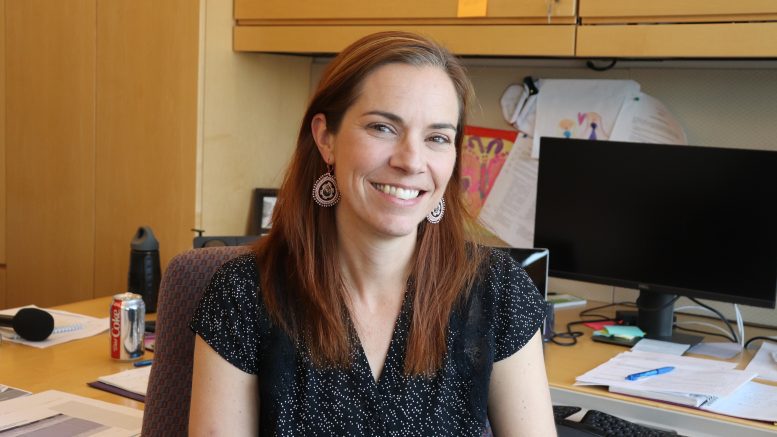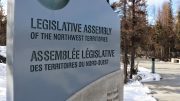More conversations to come as the GNWT prepares to redefine the 231 Calls to Justice in the territory.
The first phase of the action plan for Missing and Murdered Indigenous Women and Girls (MMIWG) is complete.
It’s essentially the plan to develop another plan, says Caroline Wawzonek, minister responsible for the status of women.
Wawzonek announced the first response in addressing the 231 Calls to Justice in the form of a work plan called Reclaiming Power and Place in the Legislative Assembly, Thursday afternoon.
“This document represents this government’s next steps forward in addressing the systemic causes of violence directed at Indigenous women, girls and 2SLGBTQQIA people,” she said.
Since the federal government put a hold on its action plan for MMIWG back in the spring, there has been no reported progress.
The NWT including other provinces and territories have taken it upon themselves to address this crisis.
“It gives us a chance to really highlight our unique needs and unique situation,” says Wawzonek.
The work plan serves as a guide for GNWT departments to re-assess current programs on how they will respond to the Calls to Justice.
The plan focuses on community collaboration as a tool to understand the needs of the community, Indigenous governments and beyond, taking the recommendations of the public as a guide in developing the final action plan.
According to the report, the GNWT acknowledges the relationship between gender-based violence, family violence and gender inequality as a catalyst for MMIWG in the territory.
Creating the plan was “emotionally overwhelming,” says Wawzonek. Because of how much there is yet to do in addressing this issue.
Part of this plan is in working through the 231 Calls to Justice and “identifying which ones apply to us,” she adds.
One of the recommendations for establishing new legislation or revising existing legislation takes time, Wawzonek says, some changes may take longer than others.
“This is the beginning of the conversation,” she adds.
Part of this process “is to find ways for the government to honour and respect the uniqueness of everyone’s individual journey.”
Wawzonek says she is more preoccupied with getting her “piece of the puzzle done” in creating this rough plan before pressing the federal government on its commitments moving forward.
“We all want it to happen faster, at least it’s starting to happen,” she adds.
The timeline is “ambitious” says Wawzonek, but “I think it’s achievable.
The work plan is subject to change and will be reviewed regularly to measure progress, states the report.
The final action plan is set to be completed by May 2021.
Survivors and families of MMIWG in the NWT can call 1-844-413-6649 for emotional support.









